HOSPITAL BAG CHECKLIST
Hospital bag packing can be daunting but oh so exciting! It can be tempting to overpack to make sure that you have everything you possibly need, but that isn't always the best way.
Don't forget that your birth partner or a friend can generally go back home to grab any items, clothing, or food that you may need.
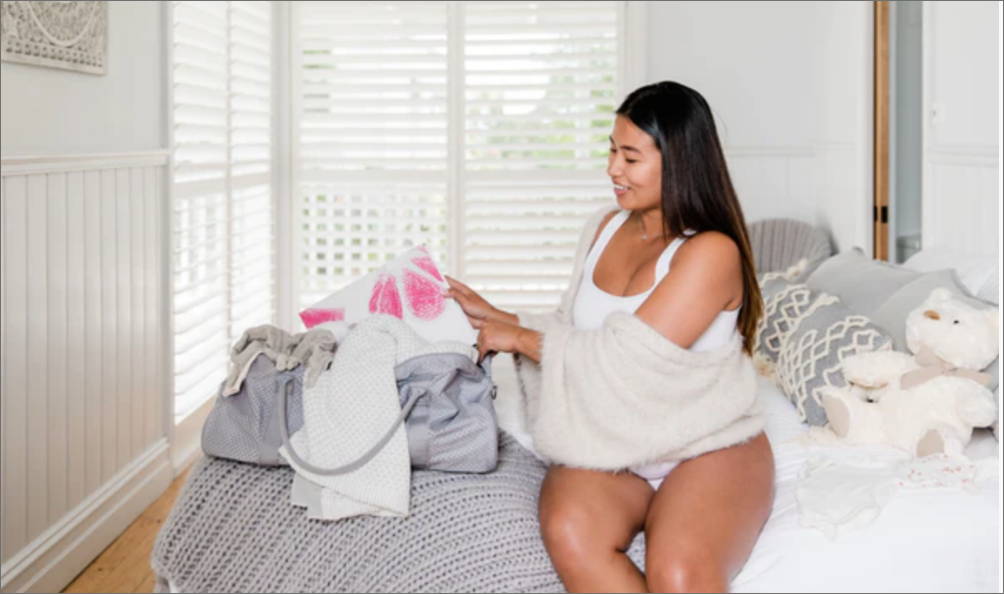 I always recommend getting your hospital bag ready around 34 weeks pregnant. Most first babies come after their due date however, packing your hospital bag around 34 weeks of pregnancy enables you to feel more prepared for labour thus, reducing anxiety which has been shown to help you go into spontaneous labour.
I always recommend getting your hospital bag ready around 34 weeks pregnant. Most first babies come after their due date however, packing your hospital bag around 34 weeks of pregnancy enables you to feel more prepared for labour thus, reducing anxiety which has been shown to help you go into spontaneous labour.
Packing your hospital bag early also enables you to be prepared in the event of premature labour or if you need to be checked in hospital or birth centre for an extended period. Once you have packed your hospital bag, keep it in your car so that you always have it with you.
WHERE TO START?
I think it's best to have two bags – one for labour and immediately after birth and one bag for when you get moved to the postpartum ward. This will help you find things more easily, especially throughout labour.
IN YOUR LABOUR BAG IT'S IMPORTANT TO PACK:
- Items to make your birth space more comfortable: a soft blanket or pillow from home, a speaker for music (to play the One Mama Midwife – Labour Hits Playlist on Spotify), battery operated candles or fairy lights and/or an aromatherapy diffuser.
- Items to help you with pain relief:
BodyICE Woman Maternity Ice and Heat packs , a TENS machine, a large wooden comb and/or comfortable swimmers to wear in the shower/bath.
- A large shirt, dress or nighty that you will find comfortable to labour in, although you can use a hospital gown in you prefer.
- Things to keep your energy up: high protein snacks (for example; peanut butter and honey toast, protein balls, Greek yoghurt, nuts and muesli bars) and a reusable water bottle with a straw.
- Any colostrum you have expressed antenatally in an esky bag to give to the midwives on arrival to keep in the breastmilk freezer.
- A ‘first shower after birth bag': regardless of if you have a vaginal birth or a caesarean, pack a zip lock bag of all the items you will need for your first shower after birth. That way it is easy for your midwife, partner, or support person to grab for you. Include in this: body wash, shampoo/conditioner, maternity pads, extra-large granny panties, a clean nighty or comfy clothes and deodorant).
IN YOUR POSTPARTUM BAG IT'S IMPORTANT TO PACK:
- Comfortable clothes especially pants that are high waisted as your uterus will be tender after birth as it starts to contract down. If you can get some nursing bras and breastfeeding tops they can be helpful, but not necessary, as you can just use button up shirts or dresses.
- BodyICE Woman Maternity Ice and Heat packs used as ice packs for postpartum healing (and labelled zip lock bags to keep them in the freezer in the hospital in).
- Slippers or slides to walk around the hospital in.
- Lots of maternity pads or adult nappies and large high waisted undies, which can be more comfortable particularly after a caesarean birth.
- Toiletries (including lip balm, moisturiser, toothbrushes/toothpaste, hair dryer/straightener).
- Some extra snacks such as granola bars as you may find you haven't eaten for a while and need a bit of a boost!
- An eye mask can be a good addition - those hospital lights can be pretty bright!
- Things for baby: including nappies (some private hospitals will provide disposable nappies so best to check), wipes, singlets (x4-5), baby clothes such as long sleeve onesies (x4-5) as hospitals are generally cold, stretchy jersey cotton swaddles and formula/bottles if you are choosing to formula feed. Your own baby blankets can also be a nice addition.
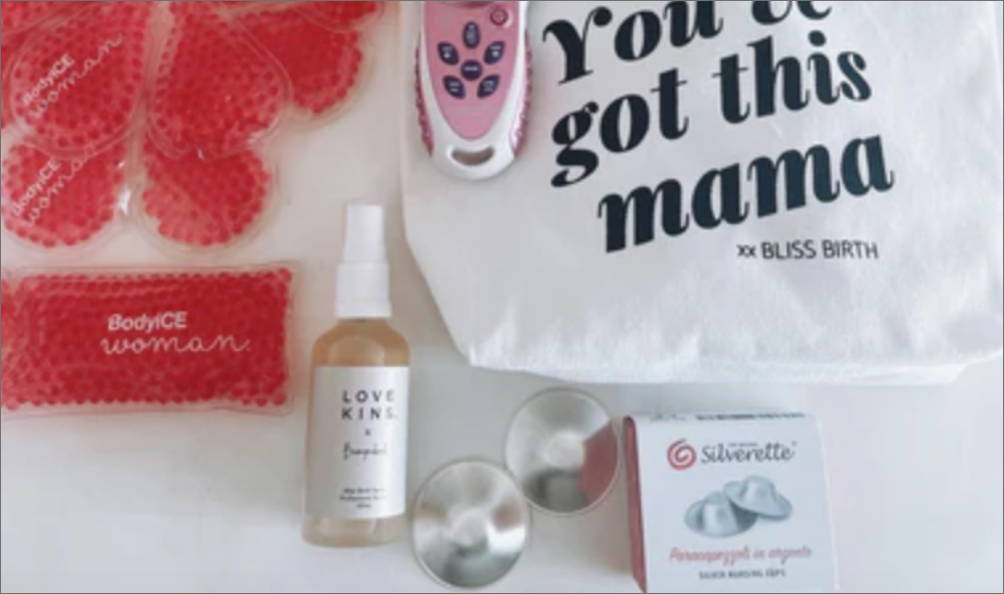
Your hospital bag(s) should be unique to you and the type of birth you are planning, as well as accounting for any changes that may arise during your labour and birth. Try not to overpack, as this can make it harder to find the essential items.
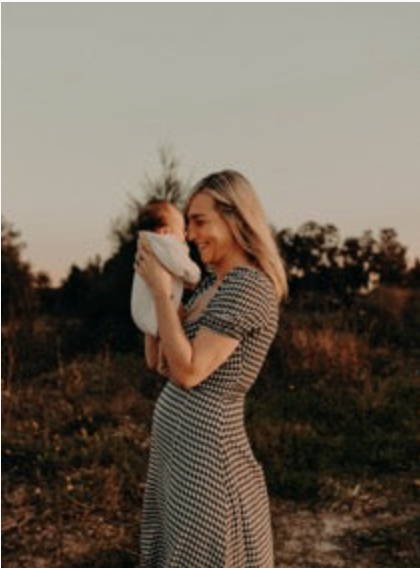
Written by Lauren Brenton. Lauren is an Endorsed Midwife and Clinical Midwifery Specialist, and founder of online platform @onemamamidwife

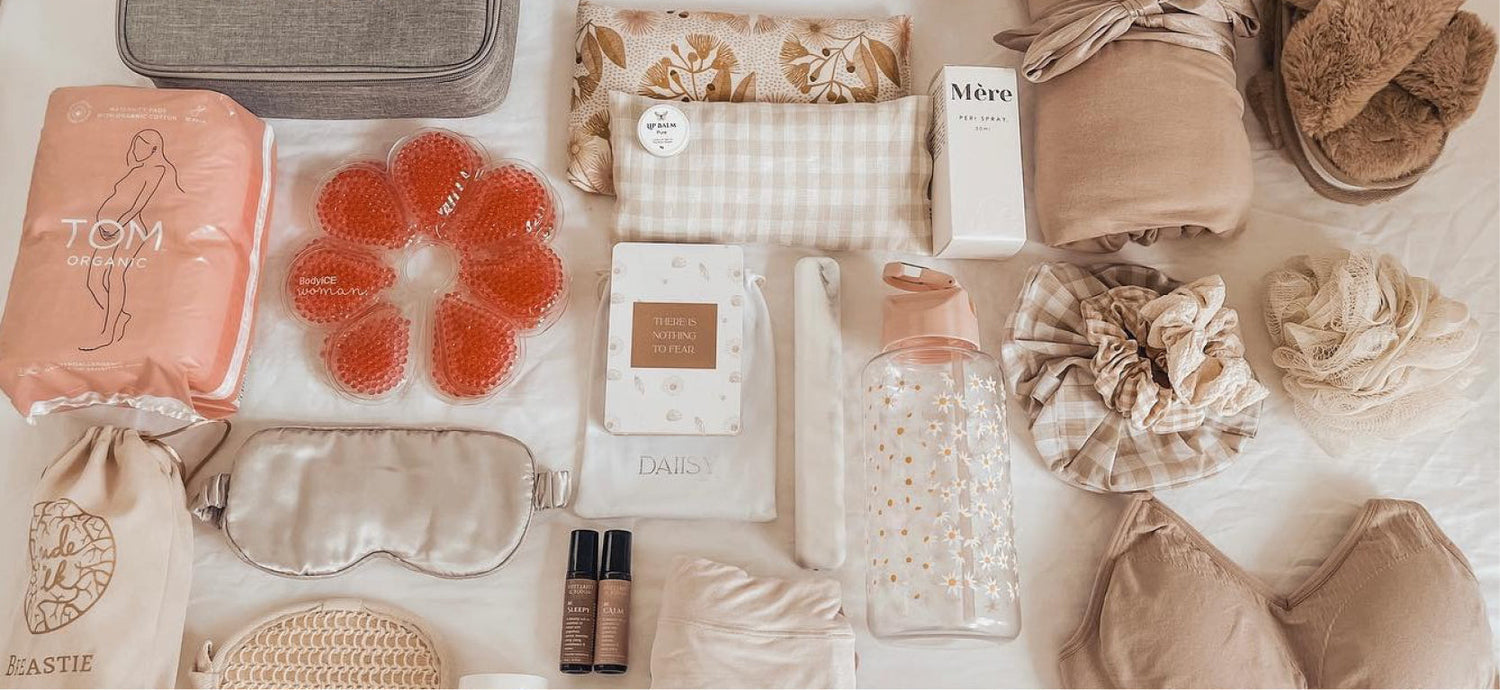
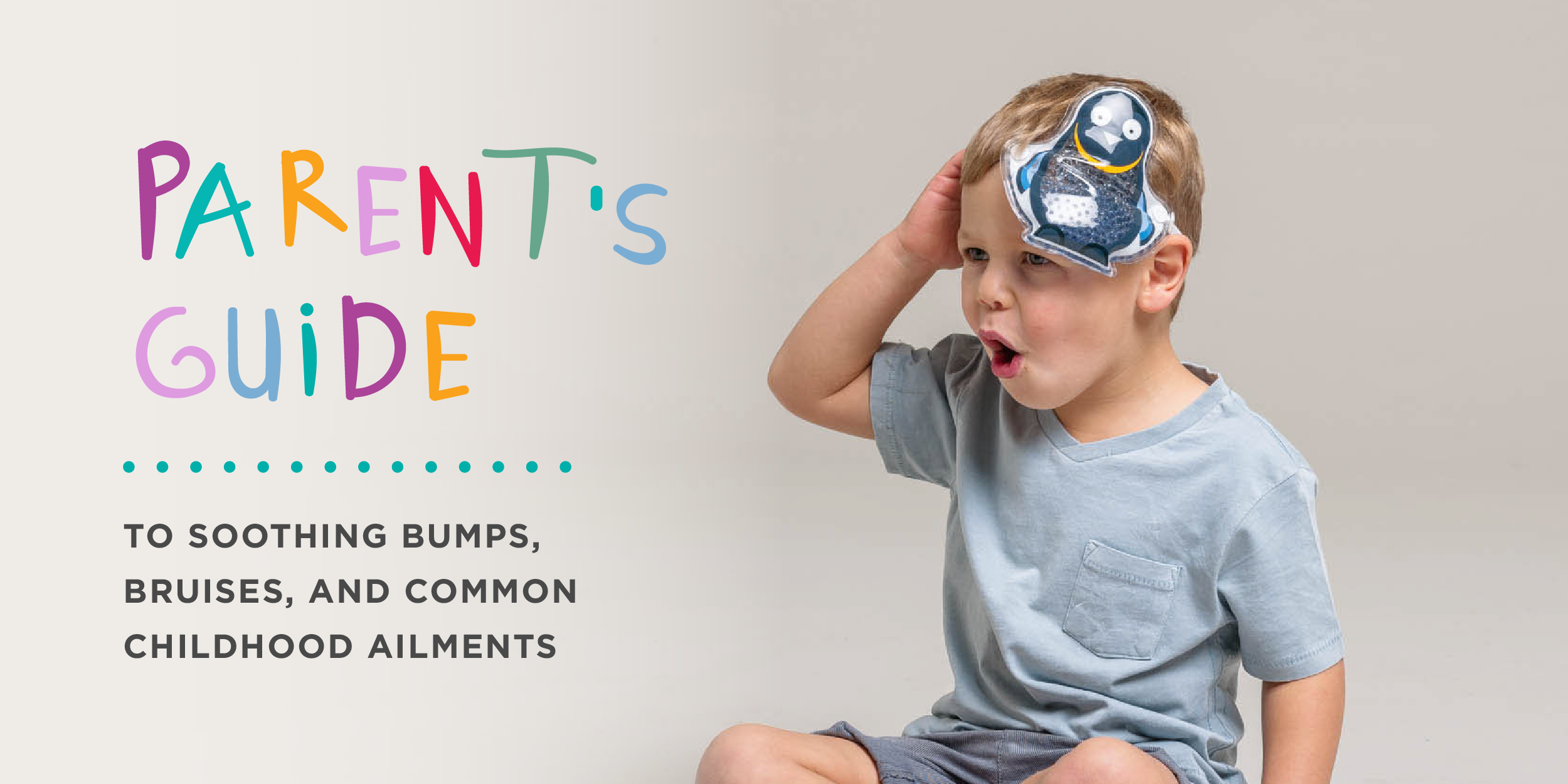
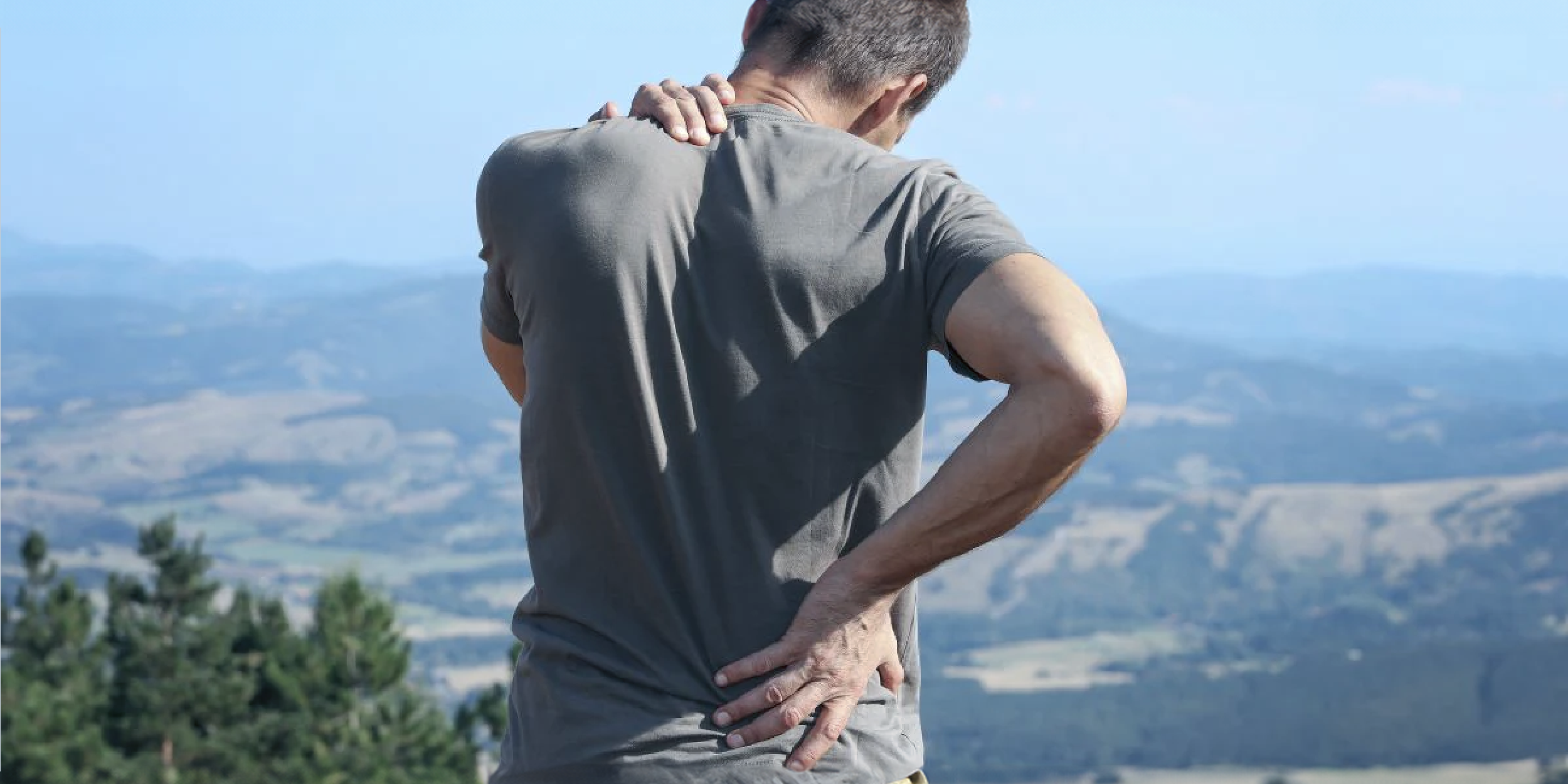
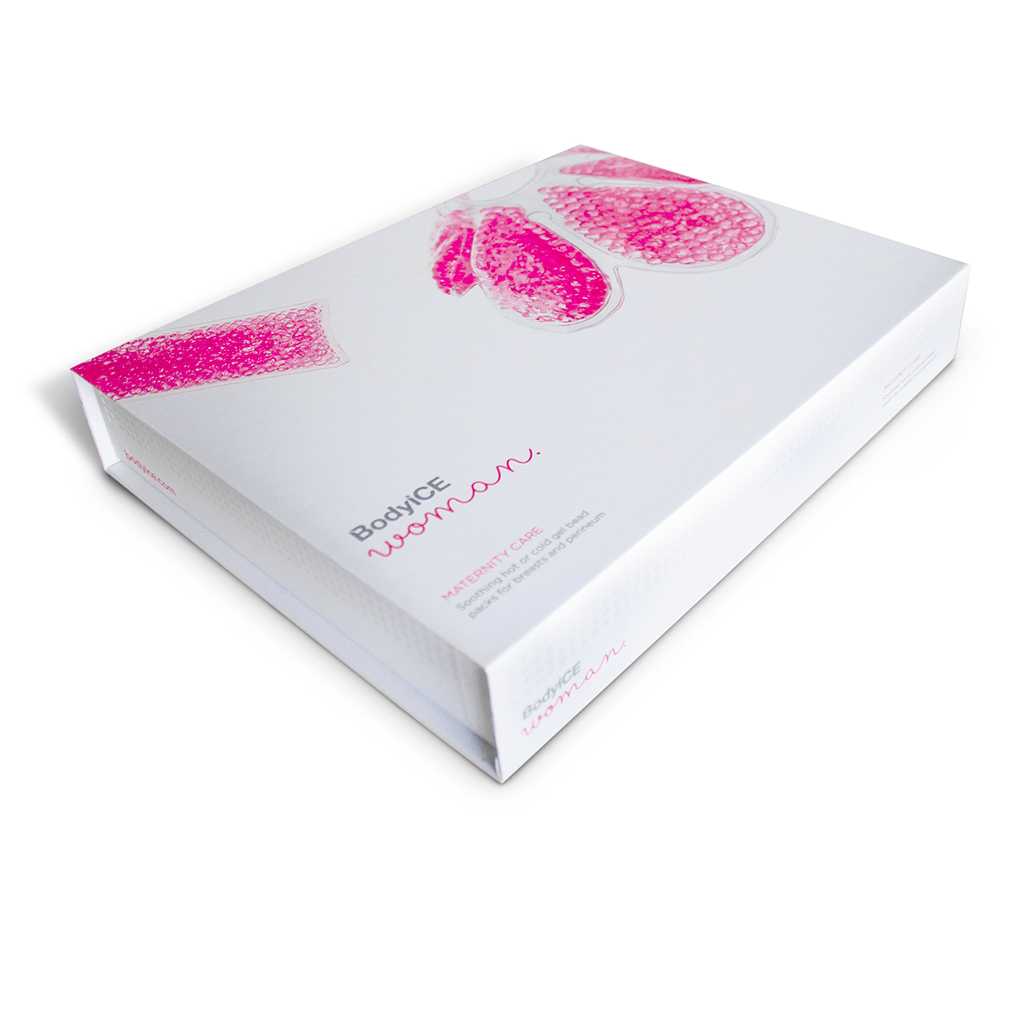
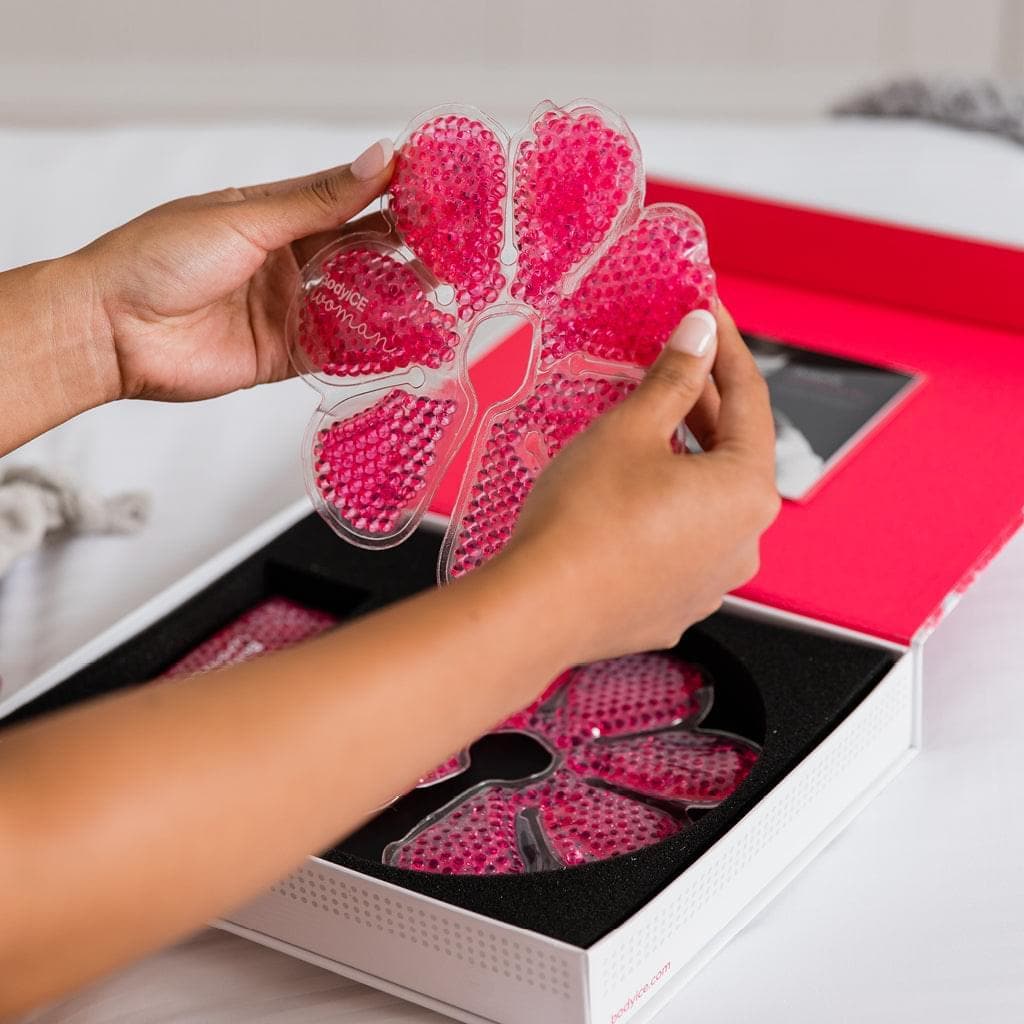
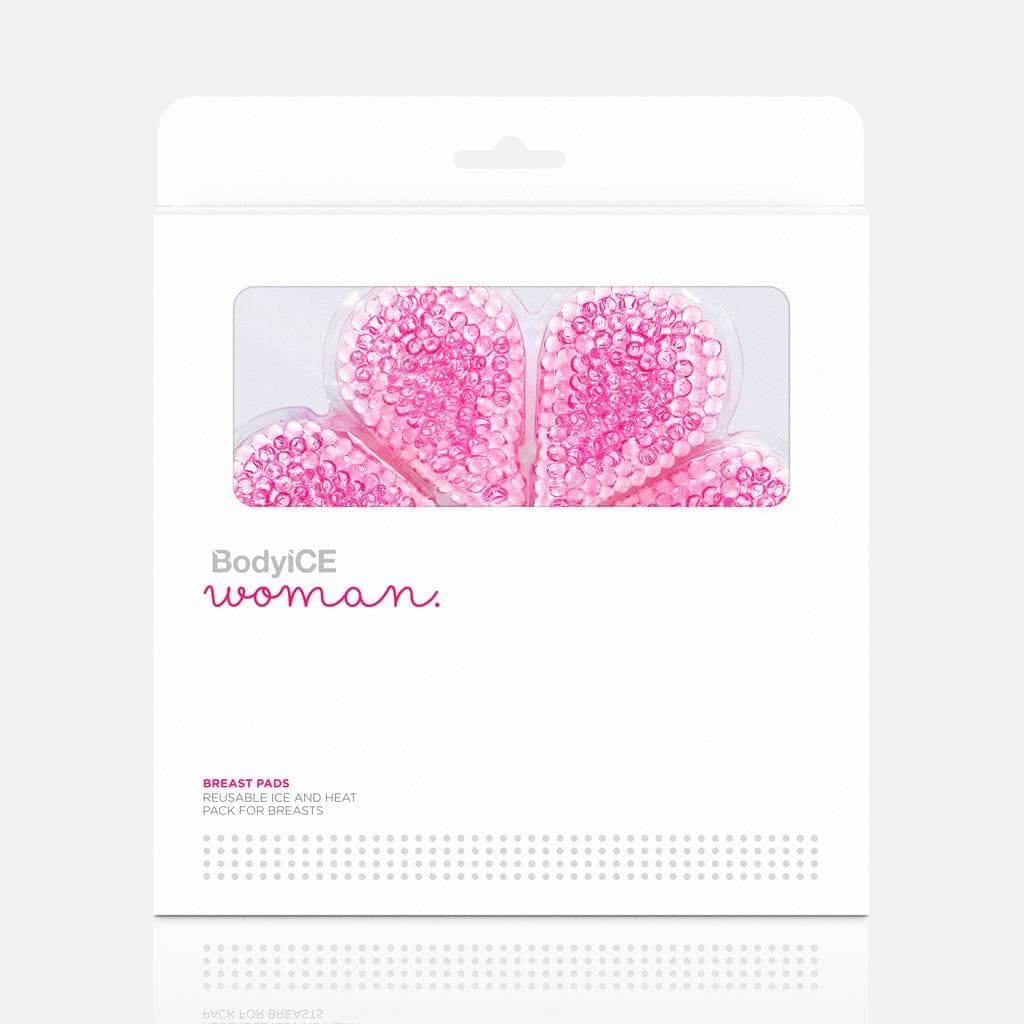
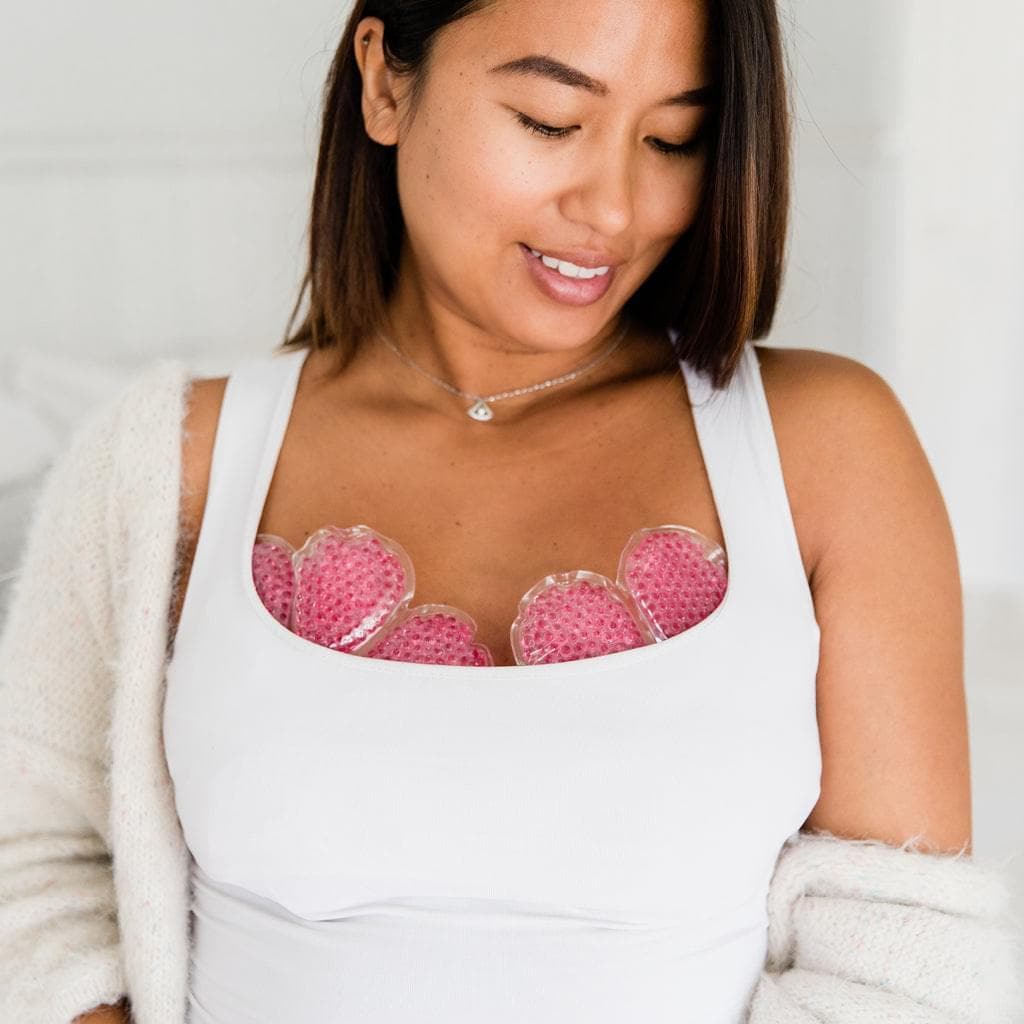
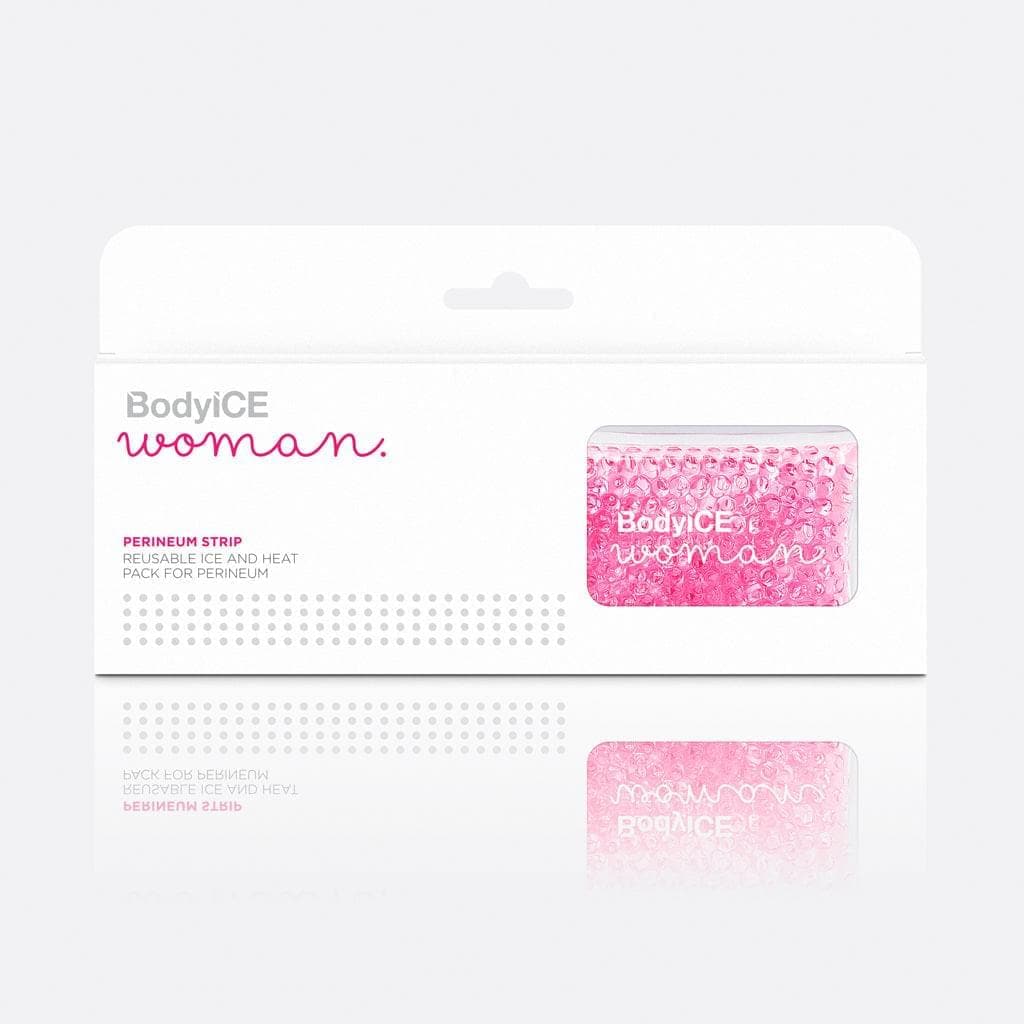
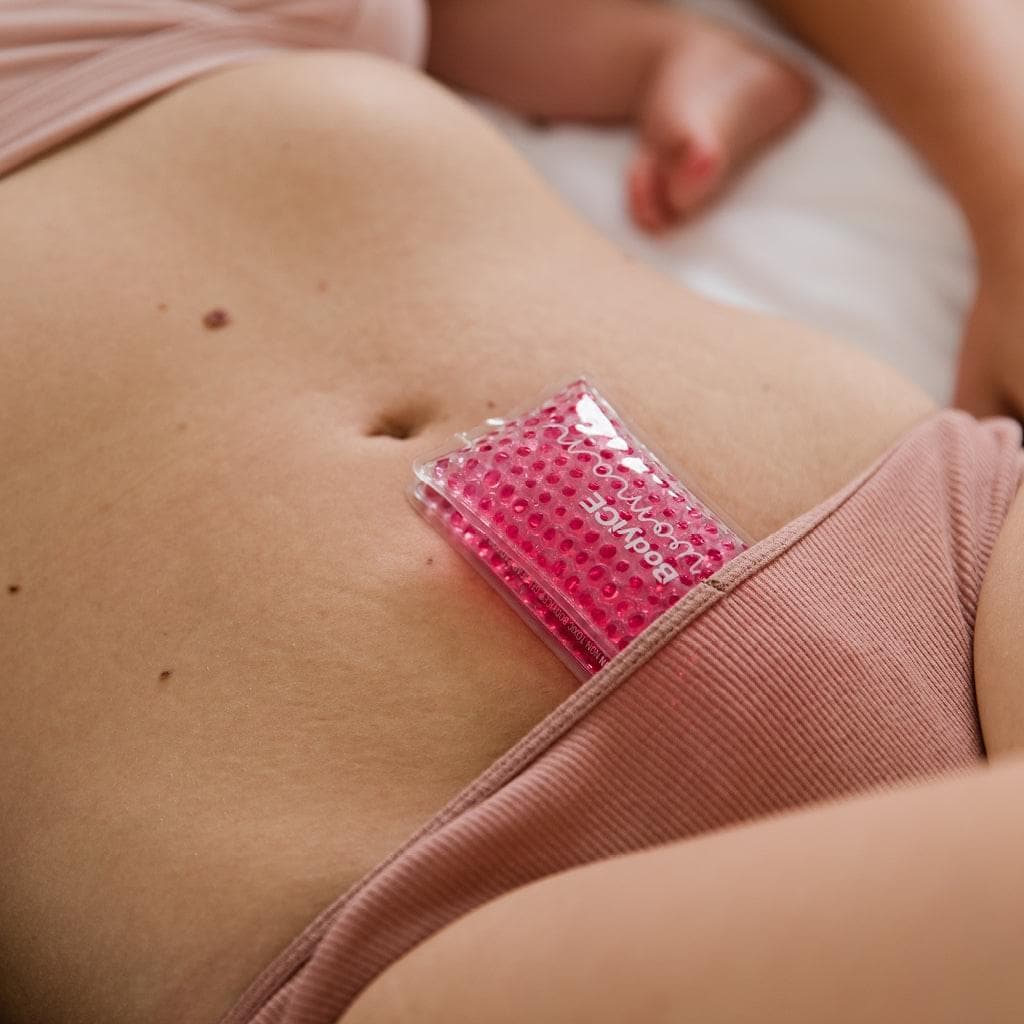
Leave a comment
All comments are moderated before being published.
This site is protected by reCAPTCHA and the Google Privacy Policy and Terms of Service apply.